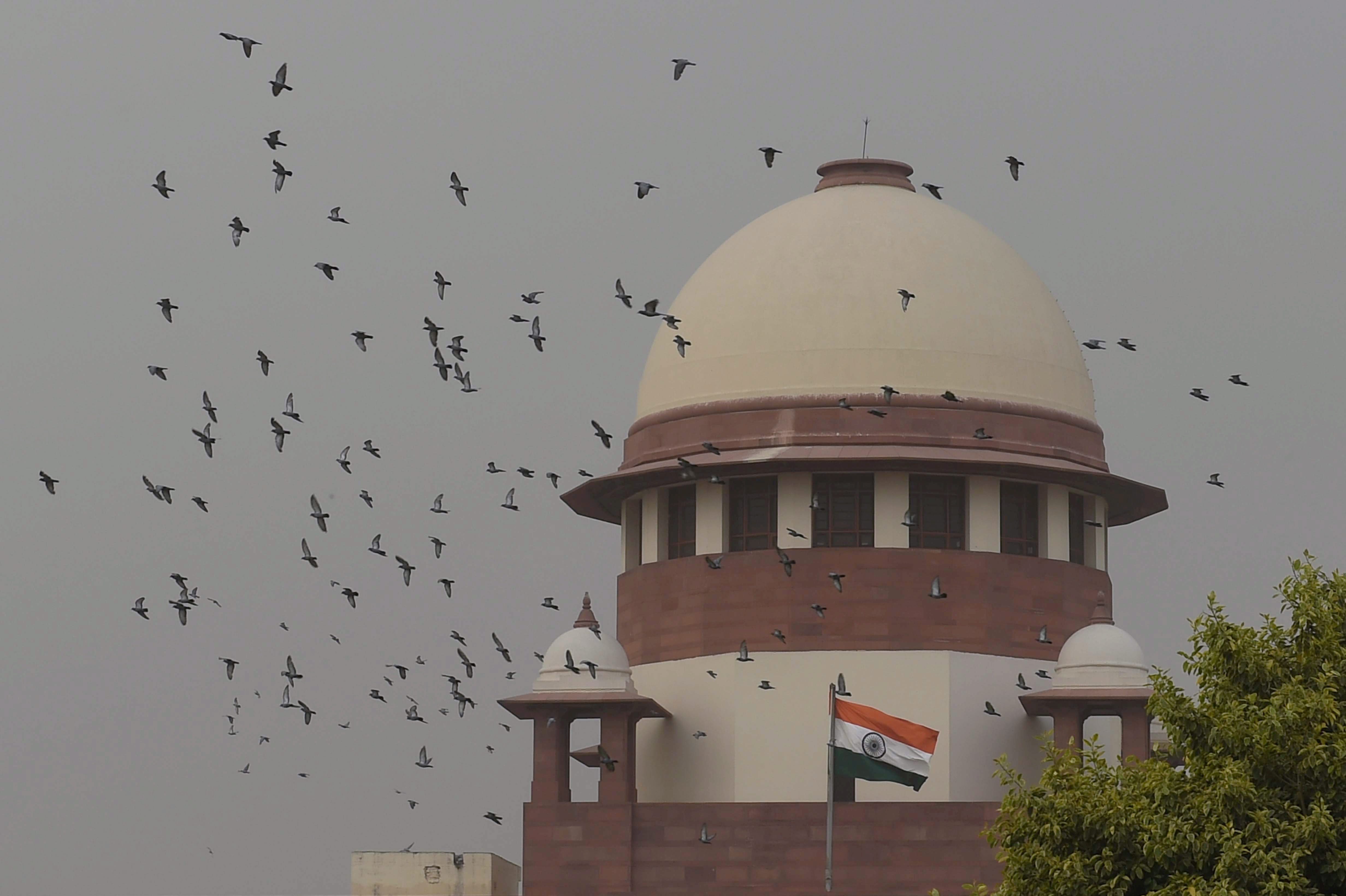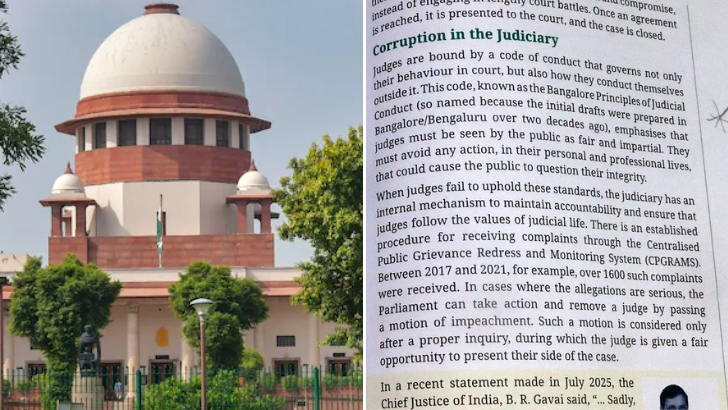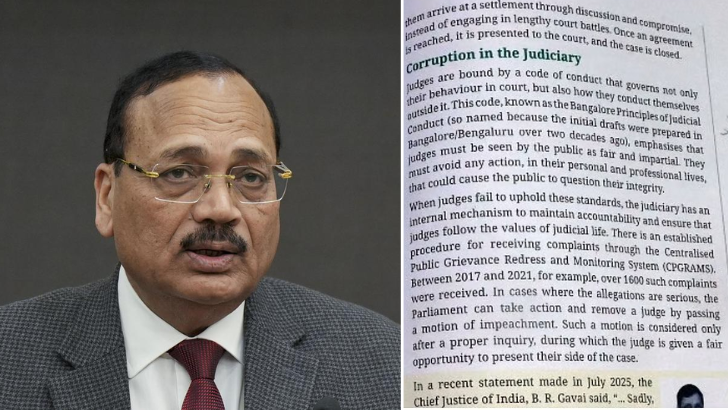Disapproving marriage does not amount to abetment of suicide: SC
The allegations were based on disputes between the deceased and the appellant's son, who had refused to marry her. The appellant was accused of opposing the marriage and making disparaging remarks against the deceased.
PTI
-
Supreme Court of India in New Delhi
NEW DELHI, 26 JAN
The Supreme Court has said expressing disapproval for
marriage does not amount to abetment of suicide under section 306 of the Indian
Penal Code (IPC).
A bench of Justices BV Nagarathna and Satish Chandra Sharma
made the observation while quashing a chargesheet against a woman who was
accused of abetting the suicide of another woman who was allegedly in love with
her son.
The allegations were based on disputes between the deceased
and the appellant's son, who had refused to marry her. The appellant was
accused of opposing the marriage and making disparaging remarks against the
deceased.
The court said even if all evidence on record, including the
chargesheet and witness statements, are taken to be correct, there is not an
iota of evidence against the appellant.
"We find that the acts of the appellant are too remote
and indirect to constitute the offence under section 306, IPC. There is no
allegation against the appellant of a nature that the deceased was left with no
alternative but to commit the unfortunate act of suicide," the bench said.
The court said it is discerned from the record that the
appellant, along with her family, did not attempt to put any pressure on the
deceased to end the relationship between her and the appellant's son.
"In fact, it was the deceased's family that was unhappy
with the relationship. Even if the appellant expressed her disapproval towards
the marriage of Babu Das and the deceased, it does not rise to the level of
direct or indirect instigation of abetting suicide.
"Further, a remark such as asking the deceased to not
be alive if she cannot live without marrying her lover will also not gain the
status of abetment. There needs to be a positive act that creates an
environment where the deceased is pushed to the edge in order to sustain the
charge of section 306, IPC," the bench said.
Leave a Reply
Your email address will not be published. Required fields are marked *










.png)









